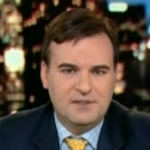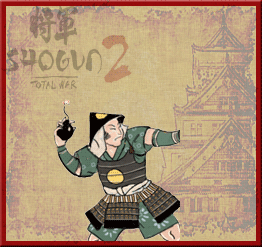MarketsMuse ETF update profiles the most talked about topic: the US Dollar courtesy of extract below from March 25th coverage from Todd Shriber of ETFtrends.com. Here’s the snippet:
For over a year, exchange traded funds tracking the U.S. dollar have been the stars of the currency ETF group, but recent weakness in the greenback could prompt some investors to assess other currency opportunities.

Since topping on March 13, the PowerShares DB U.S. Dollar Index Bullish Fund (NYSEArca: UUP), the U.S. Dollar Index tracking ETF, and the actively managed WisdomTree Bloomberg U.S. Dollar Bullish Fund (NYSEArca: USDU) are off 3.6% and 3%, respectively.
The much maligned CurrencyShares Euro Currency Trust (NYSEArca: FXE) is up nearly 4.7% over that period and recent dollar weakness has gold ETFs, such as the SPDR Gold Shares (NYSEArca: GLD), on six-day winning streaks. None of that means the dollar’s run is over. In fact, some market observers believe the recent pullback in the U.S. currency presents a buying opportunity. Continue reading


